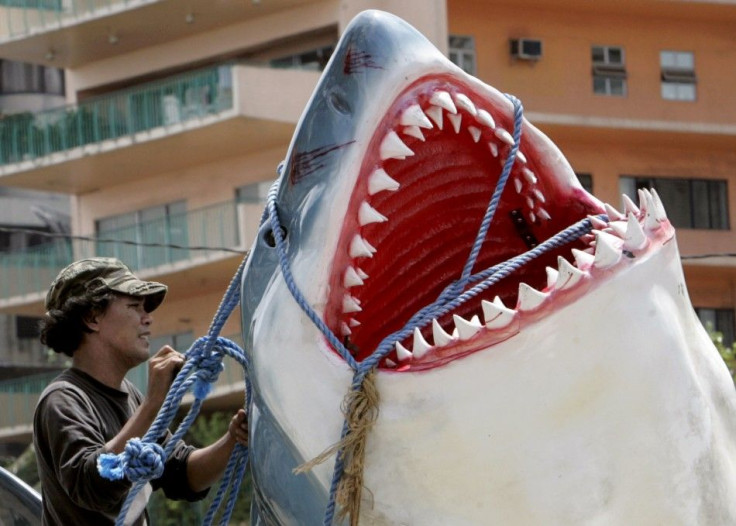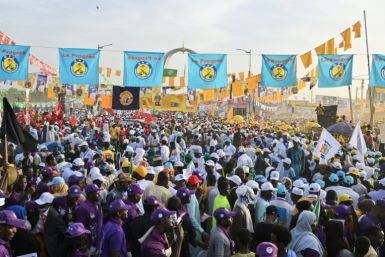Great White Shark Kills West Australian Teen at Cheynes Beach

A shark attack killed a teenager on Western Australia's south coast. Jay Muscat died after he had been bitten on the leg by what is believed to be a Great White shark.
The 17-year-old boy was attacked by the five-metre-long shark believed to be a Great White. The incident took place while Muscat was spearfishing at Cheynes Beach near Albany. A member of the public called police at 12:20pm (AWST) and reported that a body had been discovered in the water. Officers arrived at the beach and confirmed that the teenage boy was dead. Officers said that the death had appeared to have been caused by an injury consistent with a shark bite. A fisherman reportedly brought the dead body to the beach is around 60 kilometres east of Albany. This is the eighth fatal shark attack in WA in the last five years.
According to Department of Fisheries spokesman Rick Fletcher, the shark may have been hit by a spear thrown at it during the attack. "They had been spearfishing and it's our understanding they had already captured some fish," ABC News quotes Fletcher, "It appears the shark swam past one diver and bit the other on the leg." A search for the shark has been launched. Beaches were closed on Monday and would remain so on Tuesday as drum lines had been deployed. Fletcher said that there was a possibility that the shark had been injured in the attack. There will also be patrolling along the beaches which, according to 9News, are usually not patrolled by lifeguards. Fisheries urged holidaymakers and local people to stay out of the water.
Albany mayor Dennis Wellington said that the attack was around 40m offshore. According to him, Three Stripes is a popular spearfishing site with campers and fisherman while it is not a long way out. A worker at the local caravan park has said that sharks are not commonly seen in the region. There are only a few bronze whalers. The caravan park is presently full as it is the peak of the season. Fletcher said that it was "highly likely" that the shark would be killed after it got caught.
Contact the writer: s.mukhopadhyay@IBTimes.com.au






